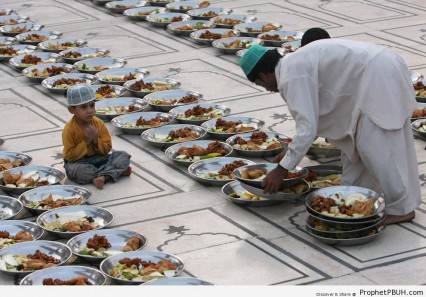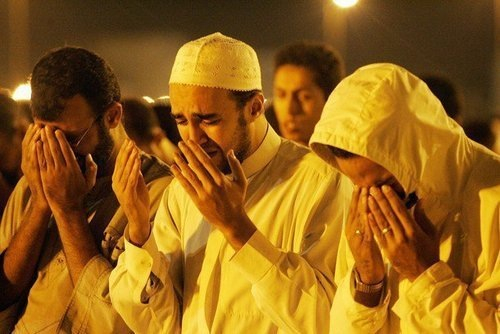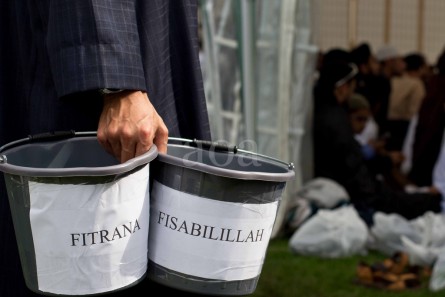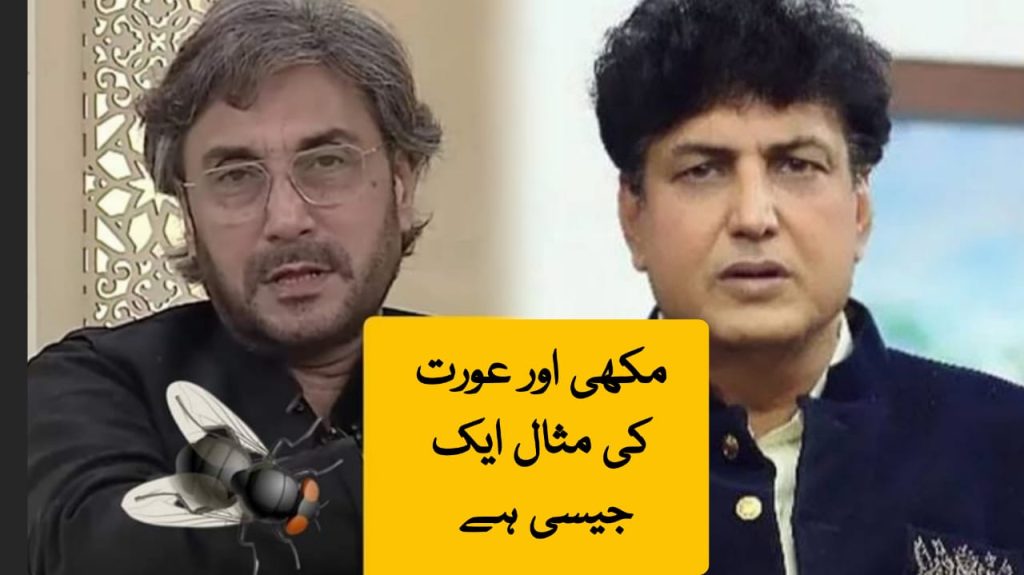If you’ve ever wondered why Muslims observe Ramadan and 30 days of constant fasting, well, you’d be surprised to know that there are more reasons than just because it has been ordered by the religion. In fact, there are numerous benefits of fasting.
Is fasting for 24 hours beneficial?
Here are some factual reasons why Muslims observe fasting religiously.
1. Social benefits



Hunger, in fact, is a great revealing experience. Fasting in Ramadan shows Muslims what it feels like to be hungry – this awakens the sympathy for the poor in the hearts of the rich. Fasting brings all Muslims, rich or poor, together. Men gather in the mosque post iftaar for Tarawih, strengthening the feeling and ties in the Muslim brotherhood.
2. Physical benefits



Abstention from eating and drinking for a whole month does a lot of good to a person’s physical health. It provides the stomach with a long due rest, serving as an annual cleanliness procedure. All toxic matter from the body is dissolved, burnt or removed during fasting – also losing fat in the process.
3. Moral benefits



Fasting during Ramadan puts every man and woman in a certain routine, teaching discipline and restraint in the process. Muslims abstain themselves from eating, drinking, seeking pleasure or any other indulgence – proving their will along the way, making it morally adaptable for them.
4. Spiritual benefits



Fasting brings exceptional spiritual value to life, serving as a spiritual exercise. Fasting in Quran is described as the attainment of Taqwa. Believers are commanded to fast during Ramadan so they can come closer to Allah, spiritually, and maintain the connection for the rest of the year.
5. Economic benefits



Among the rest of the benefits, fasting also helps economically. Rich people spend very generously on the poor to win Allah’s pleasures. Their generosity helps the poor receive sufficient funds to meet their needs, at least for a part of the year. After Ramadan, on Eid-ul-Fitr, every Muslim is obliged to pay the Fitrana for every member of his family.
What do you think about the story? Tell us in the comment section below.














